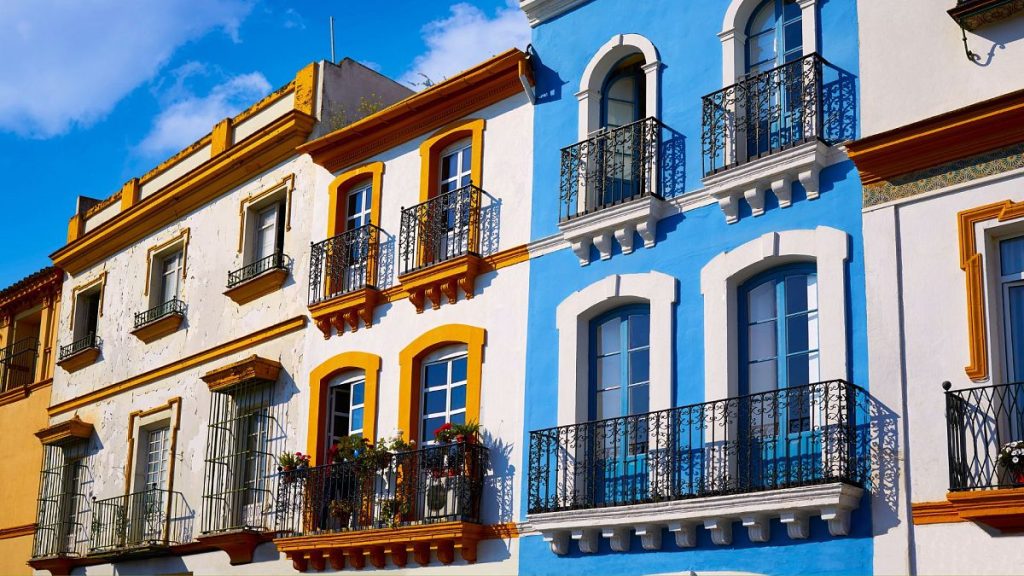Anti-tourism protests in Spain have escalated, with reports of protesters using unconventional tactics to deter visitors. In Seville, short-term rental properties have been targeted, with lockboxes being smeared with excrement. This comes as the city mayor proposes to limit licences for Airbnb-style rentals, with the aim of capping tourist apartments at 10% of total accommodation in certain areas. However, some believe this proposed restriction does not go far enough, leading to growing support for a complete crackdown on tourist apartments in Seville.
Public opposition to tourist apartments is increasing in Seville, with hundreds of locals gathering to demand an end to Airbnb licences. The uncontrolled rise in tourist accommodation is leading to higher rents in the city center, ultimately displacing residents. The vibrant Alameda district has been particularly impacted by this issue, with the targeted lockboxes found in this area. The lockboxes, used by apartment owners to securely hold keys for guests, were pictured covered in what appeared to be dog feces, symbolizing the frustration felt by the locals over the influx of tourists.
Seville is not the only Spanish city grappling with issues of overtourism. Barcelona has witnessed large protests against mass tourism, resulting in vigilante actions such as locals spraying visitors with water pistols. The city has announced plans to eliminate all tourist rentals by 2028, reflecting the drastic measures being taken to address the negative impacts of tourism. Other Spanish cities such as Palma, Malaga, and Valencia have also implemented rules to regulate tourist numbers, including tourist taxes and limits on holiday rentals. Despite these efforts, government statistics show a nine percent increase in tourist apartments over the past year, highlighting the ongoing challenges posed by tourism in Spain.
The backlash against tourism in Spain is fuelled by concerns over rising rents, displacement of locals, and overcrowding in popular tourist areas. The issue is particularly acute in cities like Seville, where the rapid growth of tourist accommodation is threatening the social fabric of neighborhoods like Alameda. The use of creative protest tactics, such as smearing lockboxes with feces, underscores the frustration felt by residents who believe that current regulations are inadequate in addressing the negative impacts of tourism.
The proposed restrictions on tourist apartments in Seville have been met with criticism, with some arguing that they do not go far enough to address the problems caused by overtourism. The opposition party PSOE has blocked the bill, indicating a lack of consensus on how to effectively manage tourism in the city. As the number of tourist apartments continues to rise across Spain, it is clear that more comprehensive and sustainable solutions are needed to balance the economic benefits of tourism with the social and environmental consequences.
In conclusion, the anti-tourism protests in Spain reflect a growing global trend of local backlash against the negative impacts of tourism. The use of unconventional protest tactics and calls for stricter regulations on tourist apartments highlight the urgent need for sustainable tourism practices that prioritize the well-being of local communities. As Spain grapples with the challenges of overtourism, it is essential for policymakers to engage with residents, industry stakeholders, and experts to develop holistic strategies that ensure tourism benefits both visitors and locals alike. Only by working together can Spain effectively address the complex issues arising from its popularity as a tourist destination.









